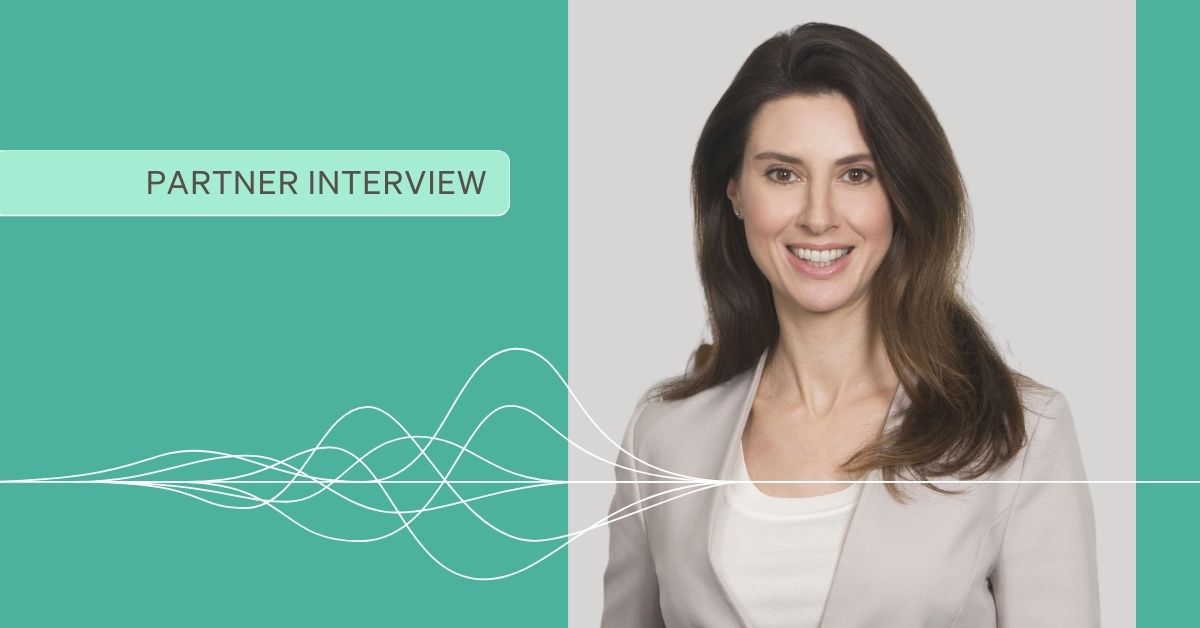
How to get compliant with the Whistleblowing Law
In this interview with Pilar Mayer-Koukol from our partner Paulitsch Law in Austria, who has extensive experience in dealing with whistleblowing reports, learn how important it is to ensure whistleblowers are protected with a clear and comprehensive law, and how having an anonymous whistleblowing system reduce hurdles and potentially misconduct happening in the first place.
We are a boutique-law-firm specialising in White-Collar-Crime and Compliance located in the heart of Vienna, Austria. Our team consists of two partners, Heidemarie Paulitsch and me, Pilar Mayer-Koukol, four associates and two paralegals. Heidemarie Paulitsch founded Paulitsch Law five years ago. I joined the team in 2017 as an associate, was admitted to the bar in 2018, and became Heidemarie’s partner in June 2020. Since the beginning, our aim has been to provide our clients with legal advice and services of highest quality – in particular in our areas of specialisation. Our top priority is the success and satisfaction of our clients. Our experience shows that providing clients with transparent and honest advice is key.
In the past few years whistleblowing has become an important topic in our daily business. Paulitsch Law regularly advises companies and organisations who intend to implement whistleblowing systems or improve existing solutions. Furthermore, we advise private persons who intend to submit a whistleblowing report or who have submitted a report already and are now facing consequences. Moreover, we act as external ombudspersons. Thus, we understand “both sides”.
In addition, we are members of the Working Group Whistleblowing of Transparency International – Austrian Chapter. As such we constantly exchange knowledge with our peers and advocate attention for this important topic.
Many international companies have already implemented respective whistleblowing solutions, as this has become an important part of their compliance culture. But we see some backlog with smaller and medium-sized businesses. By the end of 2023, these organisations will have to face adaptions with regard to reporting systems and thus their compliance culture.
We already see an increase in respective inquiries. And also from the public sector where important changes are required due to the EU Whistleblowing Directive and its transposition into Austrian Law. The topic whistleblowing will definitely become more present in the near future.
The EU Whistleblowing Directive has led to an increase in interest in the topic and we keenly await the official Austrian legislative proposal. We hope that the Austrian law will take into account that a clear and comprehensible material scope of the law is of utmost importance – in particular for people without legal expertise. Only then the aim of the Directive to protect whistleblowers and create a safe legal environment for them, can be achieved.
We often hear a concern that such reporting channels, in particular systems that enable the whistleblower to remain anonymous, will only incite employees to complain about their peers or make false allegations. Statistics of several providers of whistleblowing solutions, however, invalidate this argument. Experience shows that the proportion of reports that abuse the system is very low.
Yes, absolutely. The experience in working with reporting systems shows that the majority of reports are substantiated and raise issues that have to be solved within the organisation. Constructive solutions for the issues raised often lead to structural change and improvement in the organisation. Moreover, the possibility to report misconduct anonymously, and the fact that whistleblowers acting in good faith will be protected, often have a preventive effect and avoid certain misconduct in the first place. This in particular, if reports are being taken seriously, suspicions are being cleared, and consequences follow in instances of detected misconduct. On the other hand consequences are necessary, if the possibility to report issues is being abused.
In my opinion, it is a benefit for society, if persons who learn about misconduct have the possibility to make a report in an anonymous way. Potential whistleblowers are often dependent on the person they intend to blow the whistle on. Without protection, the incentive to just “look the other way” often prevails. This has to change.
We certainly were pleased to connect with Maria Boboc of Whistlelink and learn about the company and its whistleblowing system. We have worked with several service providers in the past but looking at Whistlelink’s solution, we immediately recognised that the the company’s approach is professional. The platform is clean and easy to apply for businesses and organisations on a daily basis.
Furthermore, Whistlelink assures compliance with the requirements of the EU Whistleblowing Directive and data protection standards. Whistlelink has comprehensive and longstanding experience in this sector and thus supports clients in the best way possible. In addition, the transparent overview of Whistlelink’s partners on their website and the existing international network appealed to us.
You can learn more about the Whistlelink whistleblowing system here. Please get in touch if you’re interested in becoming our next partner. About our Partner Paulitsch Law, visit www.paulitsch.law
If you have any thoughts about this article or would like to know more about Whistlelink, we’d love to hear from you.
Whistlelink values your privacy. We will only contact you about our solutions.
You may unsubscribe at any time. For more info, please review our Privacy Policy


Nice to meet you!

HAPPY TO MEET YOU!
Whistlelink values your privacy. We will only contact you about our solutions.
You may unsubscribe at any time. For more info, please review our Privacy Policy

HAPPY TO MEET YOU!
Whistlelink values your privacy. We will only contact you about our solutions.
You may unsubscribe at any time. For more info, please review our Privacy Policy
